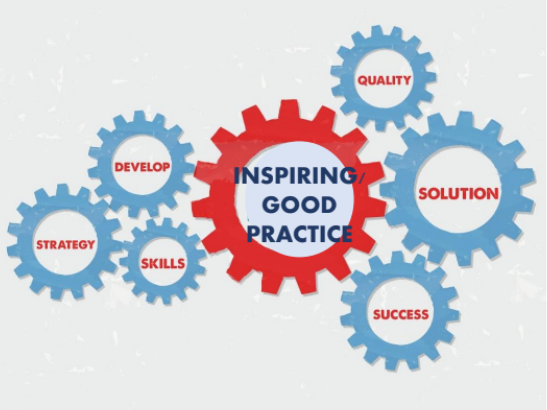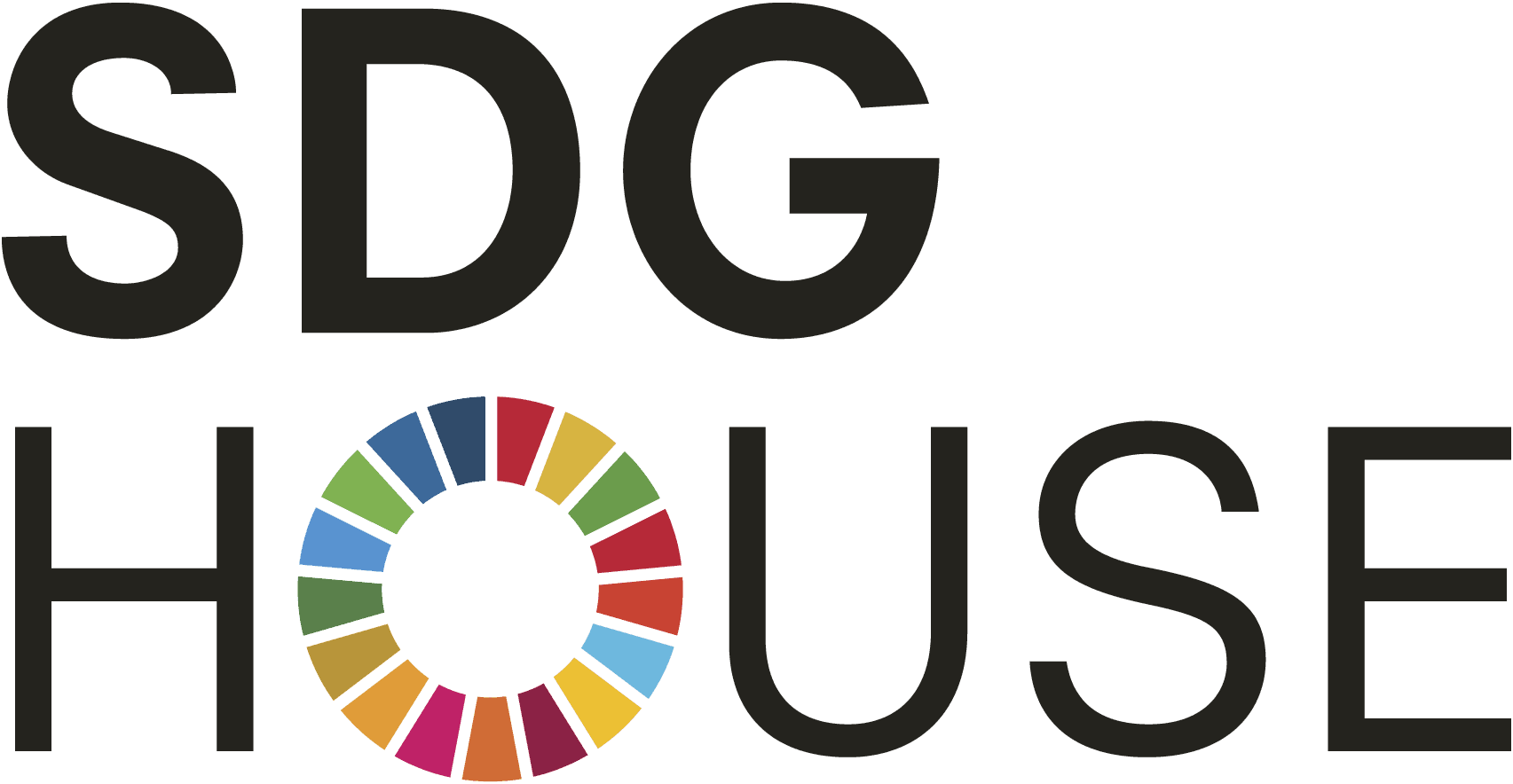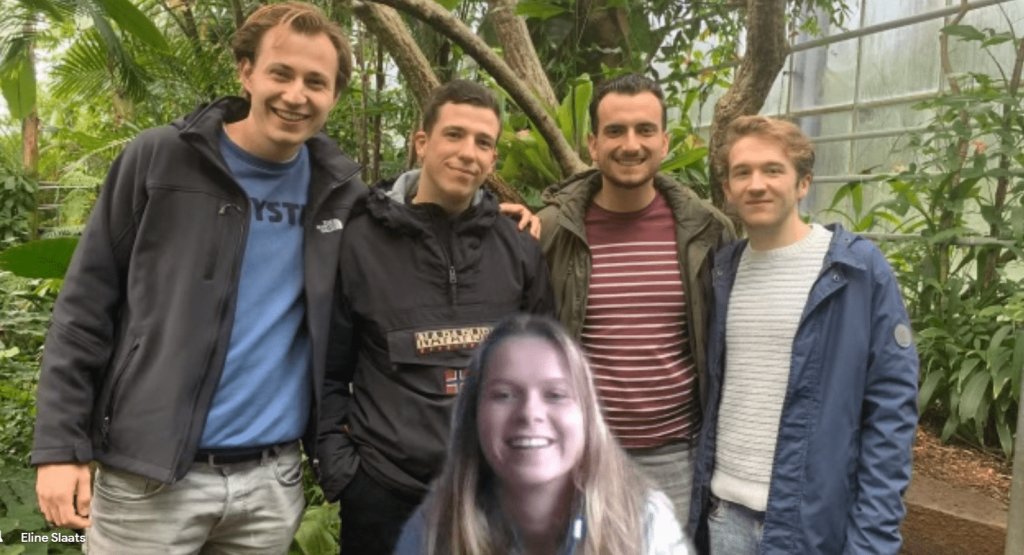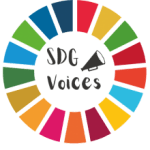SDG Talk 4 - "Action! Using the SDGs to activate organisations.”
In a world grappling with cascading crises, the United Nations Sustainable Development Goals (SDGs) have become a crucial framework for addressing global challenges. The recently released SDG Report for 2022/23 serves as a wake-up call, highlighting the urgency of taking action. This week, Professor Rob van Tulder from RSM delighted us with the 4th and last SDG Talk of this SDG Traineeship edition, titled “Action! Using the SDGs to activate organisations”. The talk presented ideas on how we can take action and utilize SDG frameworks to mobilize said actions.
The critical question arising from the global scenario is: What action should we take and how?
It has become clear now that there is no logic behind the rejection and failure of equality systems. We are at a historical tipping point, where dismantling dominant unsustainable systems is imperative for paving the way for a sustainable future. When we take action to fortify social safety nets, enhance public services, and allocate resources to sustainable energy, we effectively tackle the underlying factors contributing to the rise in inequality, environmental harm, and climate change.
To clarify this point better, Professor van Tulder stressed how the “cost of living crisis” currently precedes the climate crises. This perhaps struck a chord as we don’t seem to think about the cost of living crisis as much as the climate crisis. Interestingly, and also mentioned by Professor van Tulder, well-being and the SDGs reiterate the social affairs of the living crisis, and working towards a more sustainable future includes living a life where you can afford energy costs, healthcare, food and housing. The intersectionality is apparent, and the “cherry-picking” of SDGs becomes even more counterproductive.
In the context of our assigned project, understanding and applying the principles of measuring and prioritizing progress, as outlined in the SDG framework, can significantly enhance our efforts. By consistently asking key questions—what are our goals, what are the metrics, when should progress be evaluated, with whom are we collaborating, and how do we measure success—we ensure a more comprehensive approach. The use of roadmaps becomes integral, acting as a practical guide that connects our future aspirations with immediate actions. This not only facilitates a clearer pathway but also aids in the effective allocation of resources. Most importantly, partnerships that actively support the diverse roles necessary for success in our project are valuable assets to partake in inspiring good practices.

In conclusion, the lessons learned from the last SDG Talk further enrich our understanding, emphasizing the need for integrated and transparent approaches to realize the SDGs. As we navigate this complex landscape, Professor van Tulder encourages us to reflect and learn from both successes and failures and actively contribute to the ongoing global conversation and action on sustainable development. Action can be taken from various places and at various levels!
Good luck to all fellow trainees in the weeks ahead.
MO The Movement Project trainees


